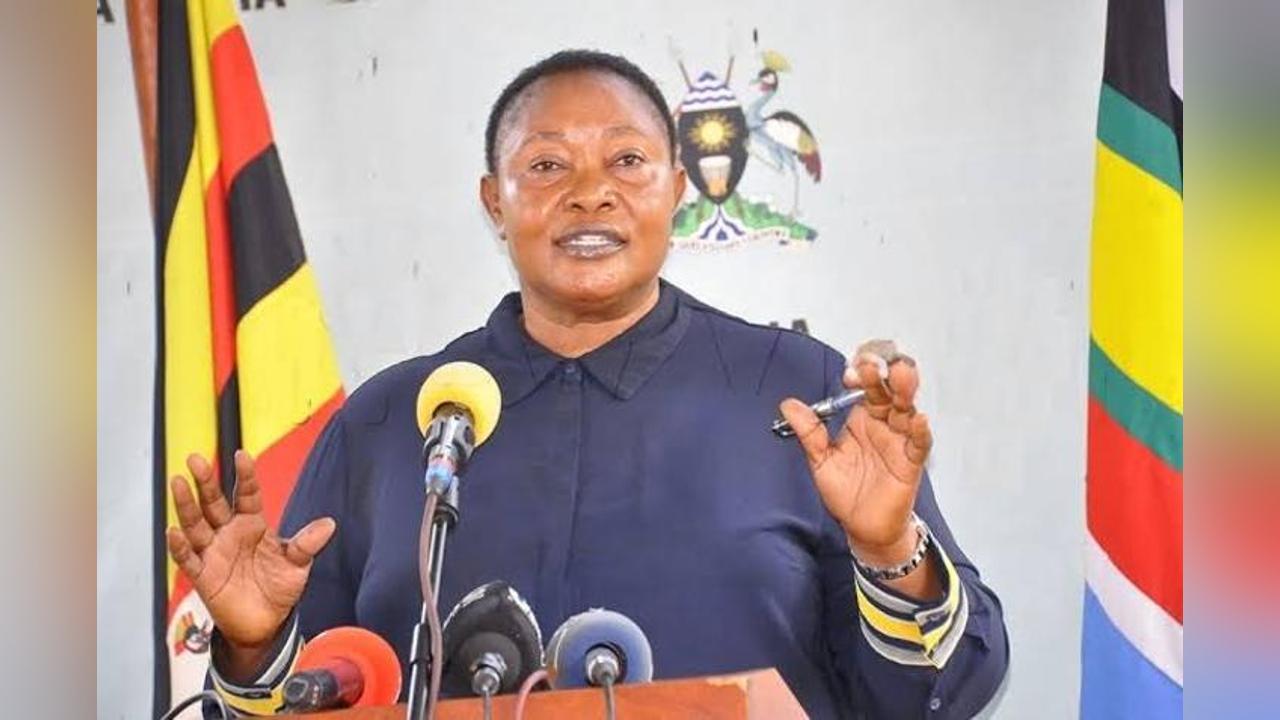Africa-Press – Uganda. The Minister for the Presidency, Milly Babalanda, issued a fervent call for peace during national Heroes’ Day celebrations held in Lyantonde, a district historically loyal to the ruling National Resistance Movement (NRM), drawing attention to the growing political stakes as the country enters a tense electioneering season.
The annual commemoration, marked under the theme “The Legacy of Our Heroes is the Memory of a Great Name and the Ideals They Stood For,” honored 50 individuals for distinguished service to the nation. But it was Babalanda’s solemn prayer for peace that captured the moment, resonating far beyond the ceremonial pageantry.
“Let us honor the sacrifices of our heroes by choosing peace, unity, and patriotism, especially now,” Babalanda said, hands raised, addressing a large crowd in the sun-soaked town known for giving the NRM over 98% of the vote in previous elections.
The timing of her remarks is significant. Uganda is gearing up for the 2026 general elections amid a political climate that has seen rising public discontent, tightened civic space, and a well-documented pattern of repression. A 2021 report by the United States Institute of Peace (USIP) outlined a troubling history of political suppression under President Yoweri Museveni’s administration, including arrests of opposition figures, media restrictions, and use of security forces to quell dissent.
Against this backdrop, Babalanda’s prayer appeared both heartfelt and strategic—a gesture aimed at maintaining calm while reinforcing loyalty in a stronghold district.
“This is more than ceremony; it’s political signaling,” said Dr. Sarah Kaweesa, a Kampala-based political analyst. “The government is reminding the country of its revolutionary roots while subtly preparing the ground for a contentious election cycle.”
Heroes’ Day, traditionally a moment of reflection on Uganda’s struggle for liberation and national unity, has increasingly become a platform for the ruling party to solidify its narrative.
In Lyantonde, the echoes of past glory mixed with present anxieties as the country confronts old questions about democratic space, stability, and the true cost of legacy.
As chants of patriotic songs faded into the afternoon heat, Babalanda’s prayer lingered—a reminder that in Uganda, even moments of national pride are often layered with political intent.
For More News And Analysis About Uganda Follow Africa-Press






